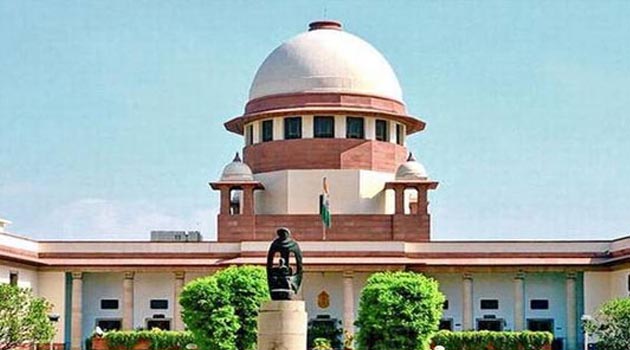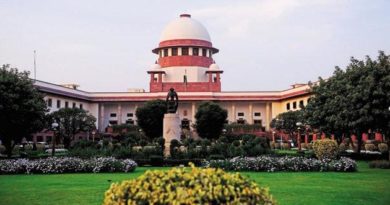Supreme Court Rules out Moratorium for Personal Guarantors
Supreme Court clarified that the statutory moratorium period provided for corporate debtors facing insolvency proceedings will not apply to personal guarantors, a decision which will affect many promoters and directors who are personal guarantors of corporate loans, which are the subject of insolvency resolutions.
The law mandates a limited moratorium of 180 days against a corporate debtor once insolvency proceedings are initiated for defaulting on loans. This is to allow the debtor a window within which to find a way to pay off the debt. No recovery proceedings can be initiated against the debtor by the creditor during those 180 days. Nor can the debtor’s assets be disposed off in that period. But, of late, some personal guarantors — defined under the law to mean an individual who is the surety in a contract of guarantee to a corporate debtor — have claimed the moratorium would apply to them and their assets as well, stalling the process of recovery of bad loans.
This plea was upheld in a case of V Ramakrishnan, managing director of Veesons Energy Systems, by the National Company Law Tribunal on September 18, 2017. The National Company Law Appellate Tribunal endorsed the order on February 28, 2018.
State Bank of India challenged the order in the top court, which ruled in the bank’s favour. SBI counsel Sanjay Kapur argued that the personal guarantor could not escape liquidation of personal assets. The NCLT order, he said, would result in potential misuse of the moratorium by the corporate debtor or guarantor who would seek protection of mortgaged properties of the guarantor or directors.
“The very object of guarantee is defeated if the creditor is asked to postpone its remedies against the surety. The liability of the guarantor and the principal debtor is coextensive and the creditor has the right or choice to proceed either against guarantor or personal debtor,” he argued.




